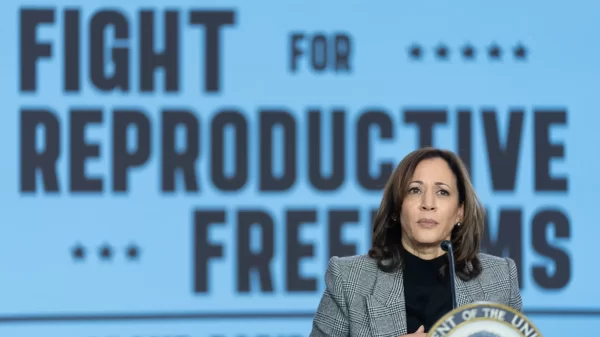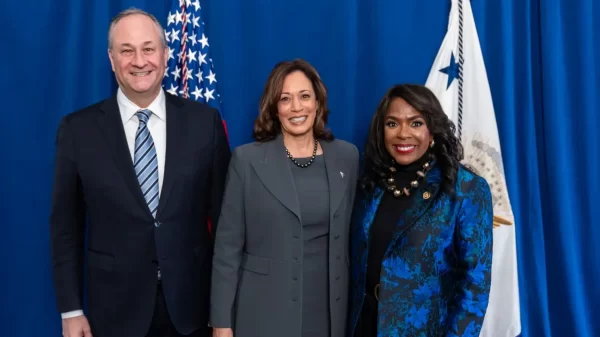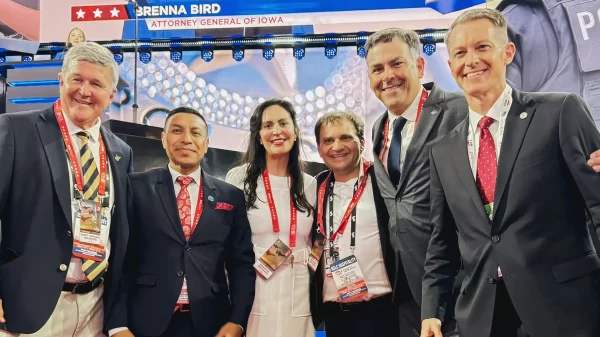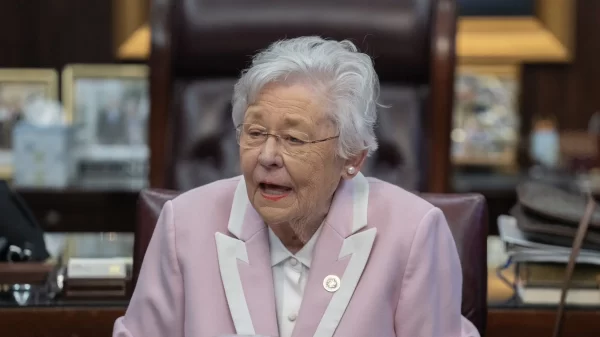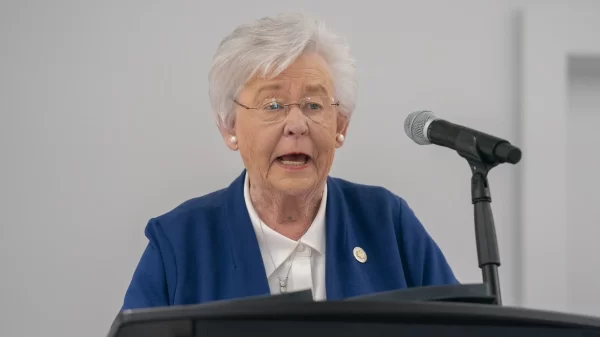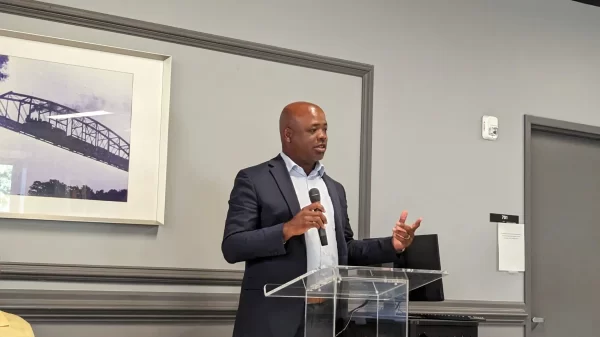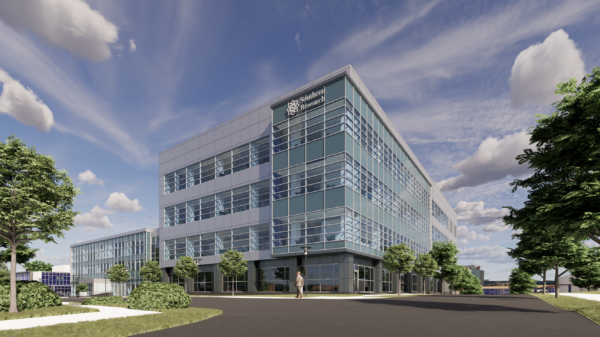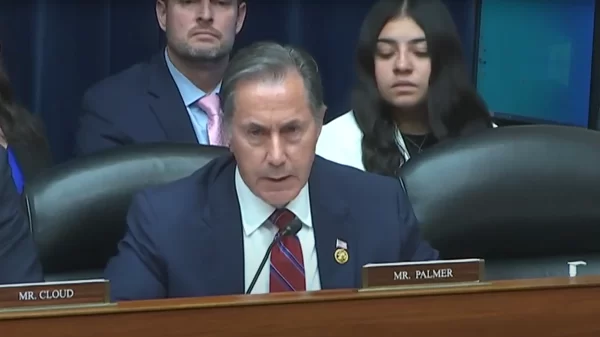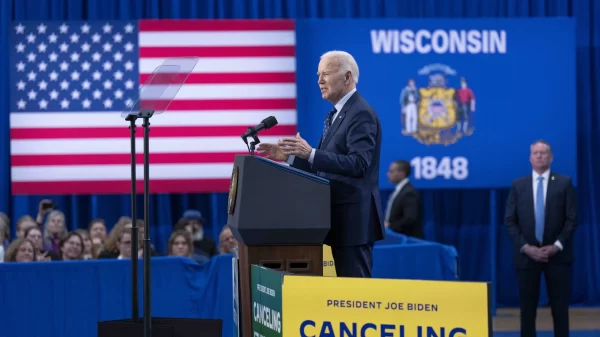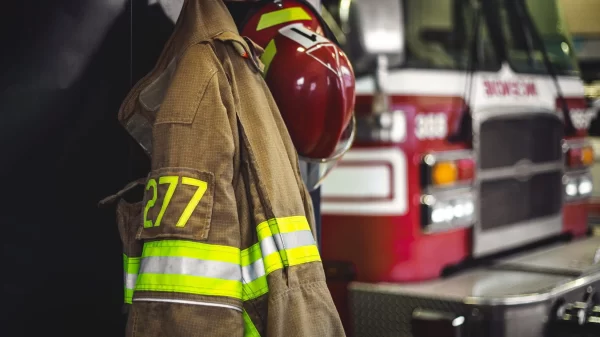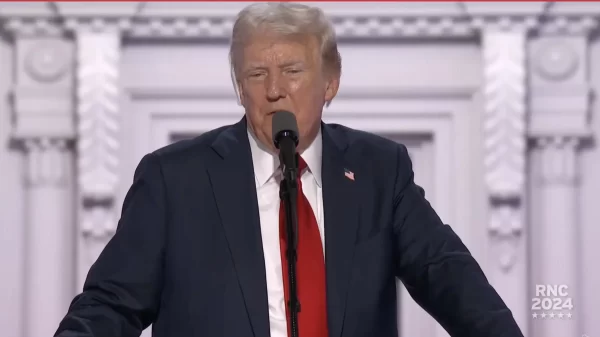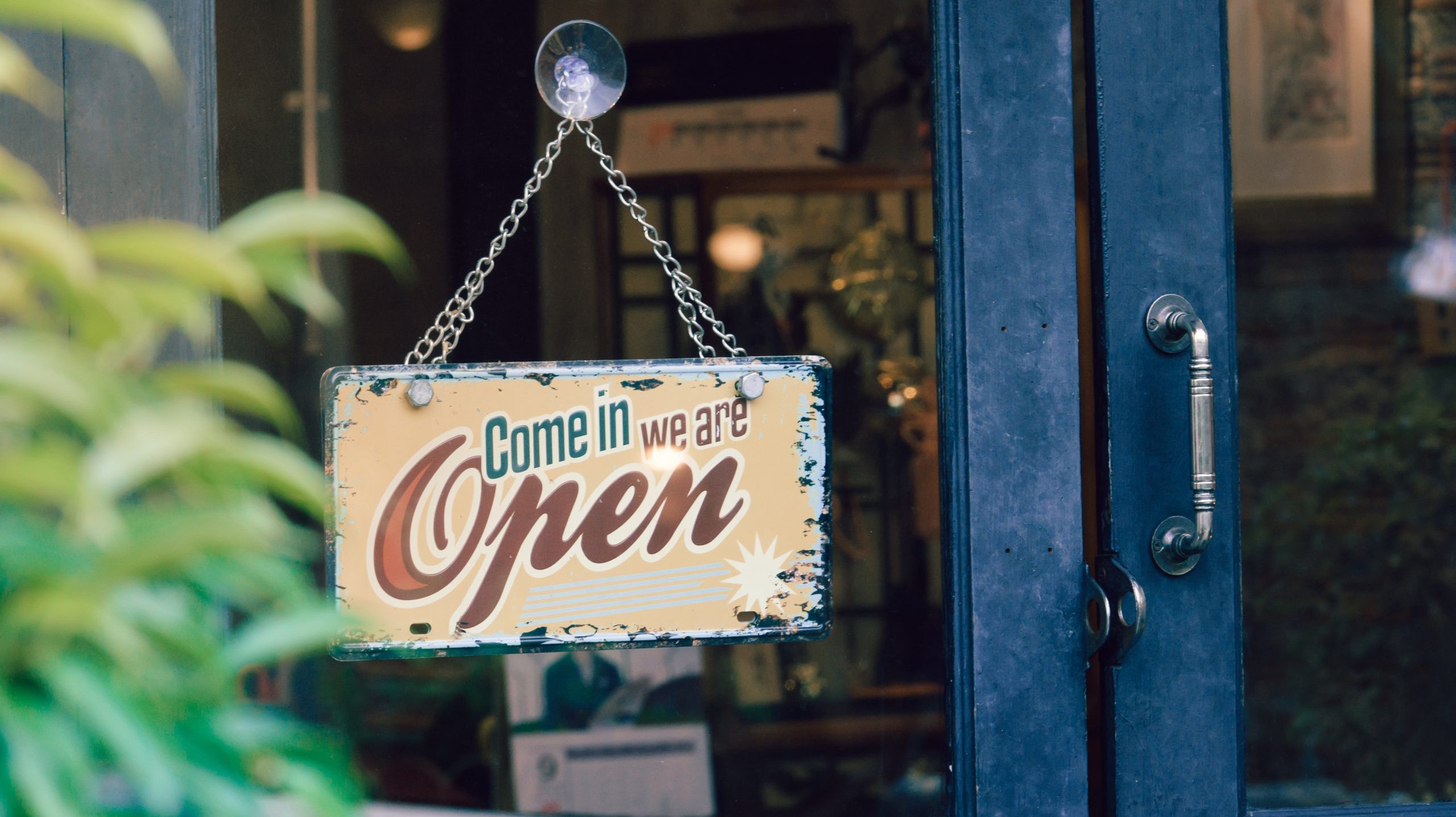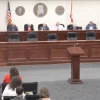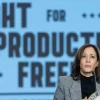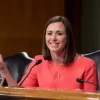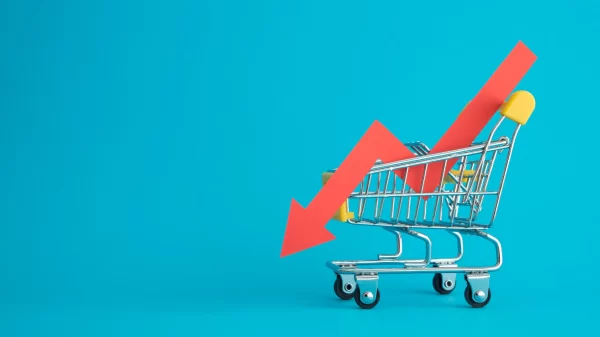|
Getting your Trinity Audio player ready...
|
The NFIB Small Business Optimism Index increased 1.3 points in December to 91.9, marking the 24th consecutive month below the 50-year average of 98. Twenty-three percent of small business owners reported that inflation was their single most important problem in operating their business, up one point from last month, and replacing labor quality as the top concern.
“Small business owners remain very pessimistic about economic prospects this year,” said NFIB Chief Economist Bill Dunkelberg. “Inflation and labor quality have consistently been a tough complication for small business owners, and they are not convinced that it will get better in 2024.”
State-specific data isn’t available, but NFIB State Director Rosemary Elebash said, “The cost of goods to run a small business along with the lack of skilled and unskilled workers remain top issues for Alabama small businesses. Owners continue to adapt by reducing hours and days of operation, changing their product lines, and eliminating goods and services that don’t sell well. Addressing these issues will be among our top legislative priorities in 2024.” The Alabama Legislature is scheduled to convene on Feb. 6.
Key findings of the national survey include:
- Small business owners expecting better business conditions over the next six months increased six points from November to a net negative 36 percent (seasonally adjusted), and 25 percentage points better than last June’s reading of a net negative 61 percent.
- Seasonally adjusted, a net 29 percent of owners plan to raise compensation in the next three months, down one point from November.
- The net percent of owners raising average selling prices was unchanged from November at a net 25% (seasonally adjusted).
- The net percent of owners who expect real sales to be higher increased four points from November to a net negative 4 percent (seasonally adjusted), the highest reading since January 2022.
As reported in NFIB’s monthly jobs report, 40 percent (seasonally adjusted) of all owners reported job openings they could not fill in the current period. Owners’ plans to fill open positions remain elevated, with a seasonally adjusted net 16 percent planning to create new jobs in the next three months.
Fifty-eight percent of owners reported capital outlays in the next six months, down three points from November. Of those making expenditures, 40 percent reported spending on new equipment, 22 percent acquired vehicles, and 19 percent improved or expanded facilities. Eleven percent spent money on new fixtures and furniture and 5 percent acquired new buildings or land for expansion. Twenty-four percent (seasonally adjusted) plan capital outlays in the next few months, up one point from November.
A net negative 11 percent of all owners (seasonally adjusted) reported higher nominal sales in the past three months, a six-point improvement from November. The net percent of owners expecting higher real sales volumes improved four points to a net negative 4 percent.
The net percent of owners reporting inventory gains increased one point to a net negative 2 percent. Not seasonally adjusted, 12 percent reported increases in stocks and 15 percent reported reductions. A net negative 5 percent of owners viewed current inventory stocks as “too low” in December, down five points from November. By industry, shortages are reported most frequently in the finance (16 percent), retail (12 percent), and manufacturing (11 percent) sectors. A net negative 5 percent of owners plan inventory investment in the coming months.
The net percent of owners raising average selling prices was unchanged from November at a net 25 percent seasonally adjusted. Seasonally adjusted, a net 32 percent plan price hikes in the next three months.
Price hikes were the most frequent in finance (52 percent higher, 12 percent lower), retail (49 percent higher, 8 percent lower), construction (41 percent higher, 12 percent lower), services (36 percent higher, 5 percent lower), and professional services (33 percent higher, 4 percent lower).
Twenty-three percent of owners reported that inflation was their single most important problem in operating their business, up one point from last month and surpassing labor quality as the top problem.
Seasonally adjusted, a net 36 percent reported raising compensation, unchanged from November. A seasonally adjusted net 29 percent plan to raise compensation in the next three months. Nine percent of owners cited labor costs as their top business problem, up one point from November. Twenty percent said that labor quality was their top business problem.
The frequency of reports of positive profit trends was a net negative 25 percent, seven points better than November. Among the owners reporting lower profits, 31 percent blamed weaker sales, 17 percent blamed the rise in the cost of materials, 16 percent cited lower prices, and 9 percent cited labor costs. For owners reporting higher profits, 48 percent credited sales volumes, 19 percent cited usual seasonal change, and 14 percent cited higher selling prices.
Three percent of owners reported that all their borrowing needs were not satisfied. Twenty-five percent reported all credit needs met and 61 percent said they were not interested in a loan. A net 8 percent reported their last loan was harder to get than in previous attempts.
The NFIB Research Center has collected Small Business Economic Trends data with quarterly surveys since the fourth quarter of 1973 and monthly surveys since 1986. Survey respondents are randomly drawn from NFIB’s membership. The report is released on the second Tuesday of each month. This survey was conducted in December 2023.


